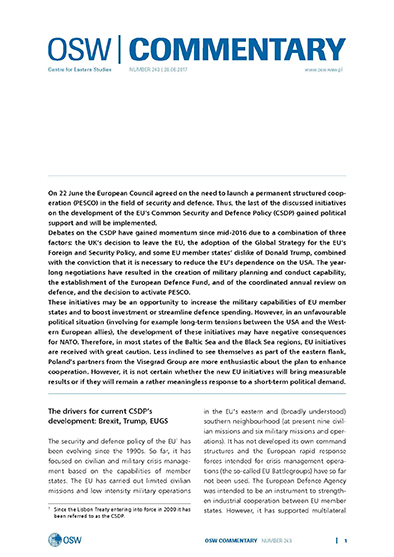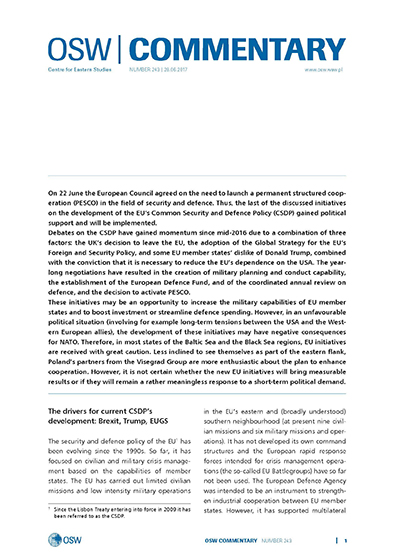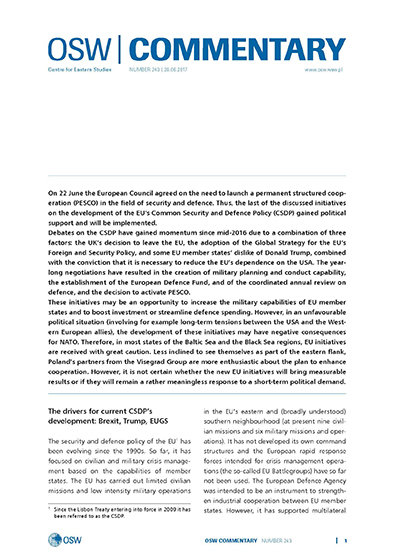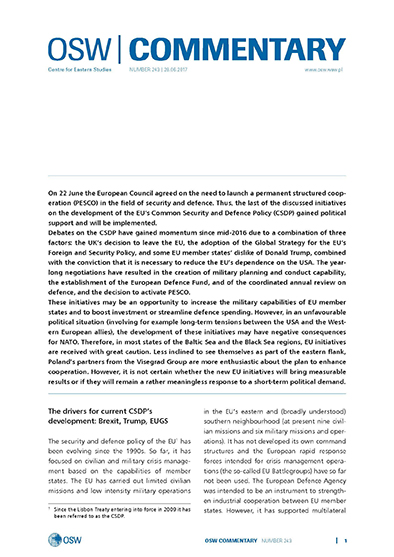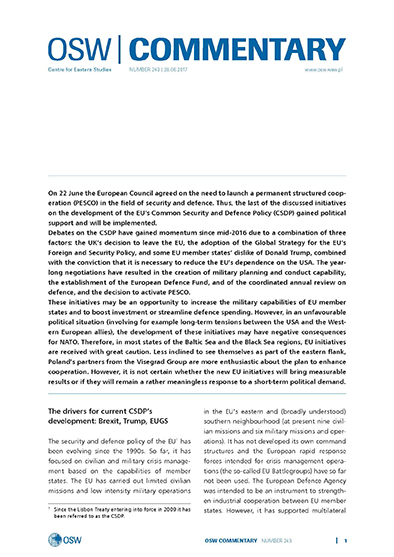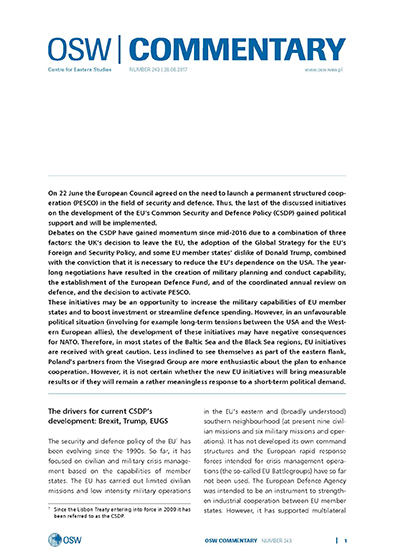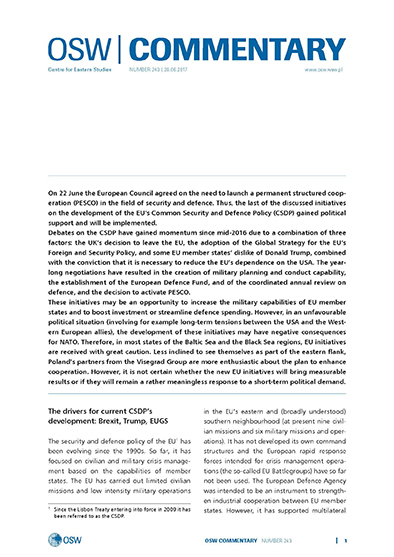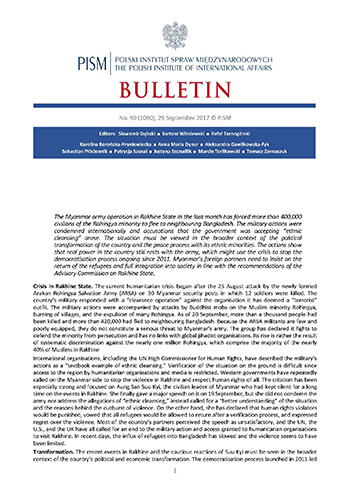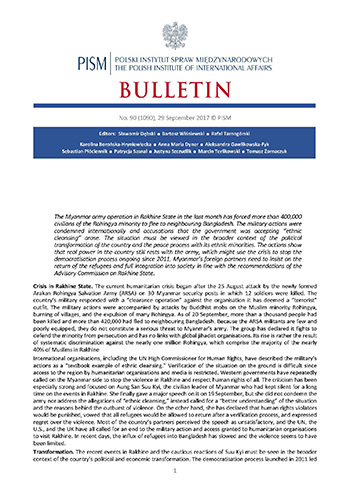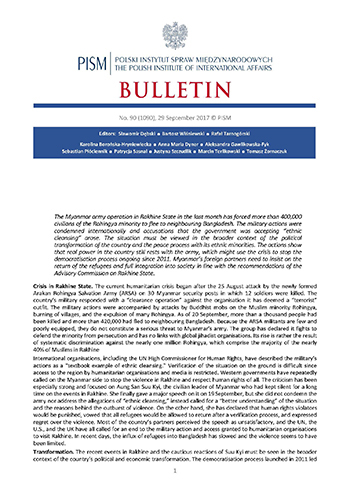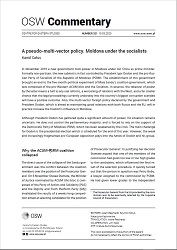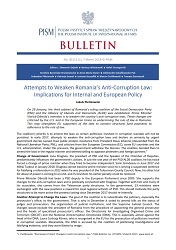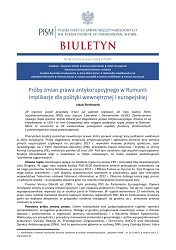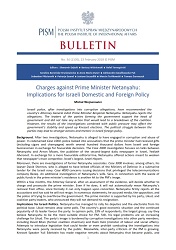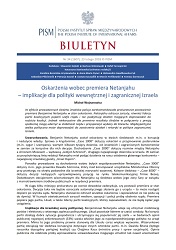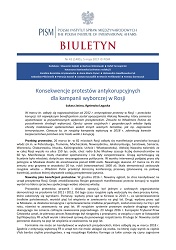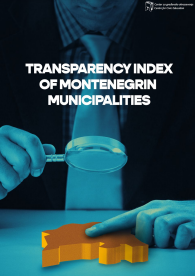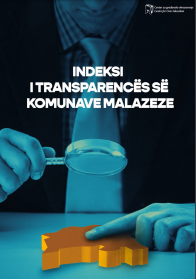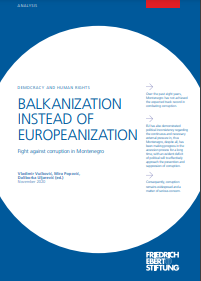Author(s): Vladimir Vučković / Language(s): English
Montenegro was granted candidate status in December 2001, and in June 2012, the European Union (EU) opened accession negotiations with Montenegro. After eight years, the European Commission (EC) country report notes limited progress in 25 chapters, good progress in seven chapters, while for one chapter it noted that no progress has been made. Accession negotiations with Montenegro started with the so-called new approach of the European Union, which referred to Chapter 23 (Judiciary and Fundamental Rights) and 24 (Justice, Freedom and Security), as starting and ending points. Thus, the advance in these chapters has become crucial for the overall dynamics and quality of Montenegrin EU accession negotiations. This study, the first one in a series of three, aims to scrutinize one of three political membership indicators that the EU closely monitors during the accession process - the fight against corruption. Judicial reform, strengthening regional cooperation and the improvement of good neighborly relations will be additionally addressed. These EU membership conditions are included in the most important strategic documents on the enlargement policy, starting with the Stabilization and Association Agreement (SAA), i.e. the Stabilization and Association Process (SAP), as well as the new negotiating framework adopted in 2012, according to which Montenegro started negotiations. At the same time, they represent the basis for further progress on Montenegro’s path towards the EU. Finally, these are three dependent variables that must be kept in mind for the systematic analytical framework. Over the past eight years, Montenegro has not achieved the expected measurable results in combating corruption. However, the EU has also demonstrated political inconsistency regarding the continuous and necessary external pressure to Montenegro. Hence, Montenegro, despite of all, has been making progress in the accession process for a long time, with an evident deficit of political will to effectively approach the prevention and suppression of corruption. Consequently, corruption remains widespread and a matter of serious concern. There was also a visible change in the recent approach of EU conditional policy through a strategy of conditionality in strengthening anti-corruption policy, i.e. allowing the candidate country to progress in the EU integration process, although it does not achieve satisfactory results in the fight against corruption. Therefore, given the limited progress in the fight against corruption, Montenegro has paradoxically made for long time progress in the EU accession process. However, the fact that only eight years after opening the accession negotiation all 33 negotiation chapters have been opened and only three provisionally closed, as well as the fact that a new methodology is in force, points to the need for a significant change in the approach of the Montenegrin authorities to dynamize this process and use it effectively for the process of internal democratization and Europeanization.
More...
